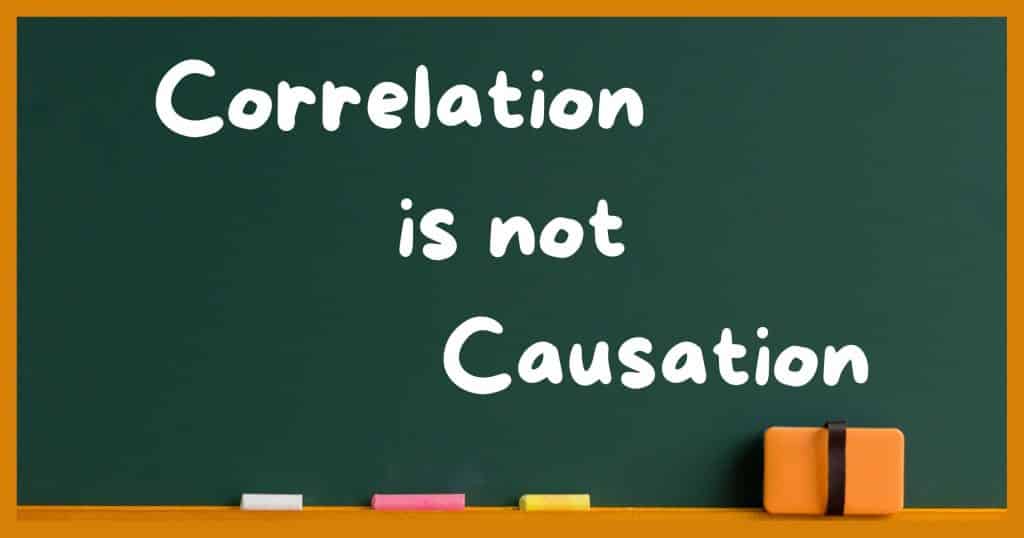
The ability to generalize is both a blessing and a curse.
It’s perhaps the only way we can make sense of the massive amounts of information we face every waking moment. Rather than worry about the minutia of each situation, we generalize and make assumptions based on that generalization to take action.
Sometimes those actions turn out to be wrong, but most of the time, a generalization is an appropriate way to handle a situation.
Stereotypes are a kind of generalization. We typically think of them as applying to people because that’s where we get it wrong so often, but it applies to things as well. For example, a “muscle car” is a stereotype or generalization of a vehicle with certain, perhaps ill-defined, characteristics.
Stereotypes exist for a reason. They’re a generalization of observed or perceived characteristics correlated with some population or set of events. Correlation is not causation, of course, and as a result stereotypes are also sometimes wrong.
Where things really go off the rails is when we over-generalize — making assumptions that simply don’t apply based on some improper stereotype or our mistaken perceptions.
And yet, generalization remains an important survival skill. If we had to think at length about the details of every situation we find ourselves in, we’d get nowhere. Our ancestors would have quickly become food for whatever new predator came along while they delayed, evaluating the danger in excruciating detail instead of generalizing (“unknown things bad”) and running.
But, as improper stereotypes point out, there’s danger in bad generalization or over-generalization as well. We can be wrong. Running away from something that will not kill you is mostly harmless, but treating a subset of humans as less than human is, perhaps, the ultimate form of harm.
What matters most is understanding that generalizations exist and that they can be wrong.
They’re worth being aware of and constantly re-evaluating as situations, observations, and perceptions change.

The inability of a subset of people to jump off a runaway train ( who will not admit their initial considered decision was wrong) makes today’s musings difficult but necessary to ponder.
One place that people frequently go off the rails (in my most-humble opinion!) is when they apply a generalization regarding a large number of people to a single individual. While it may be valid to say that “men enjoy sports”, this or any other generalization cannot be applied to any individual.